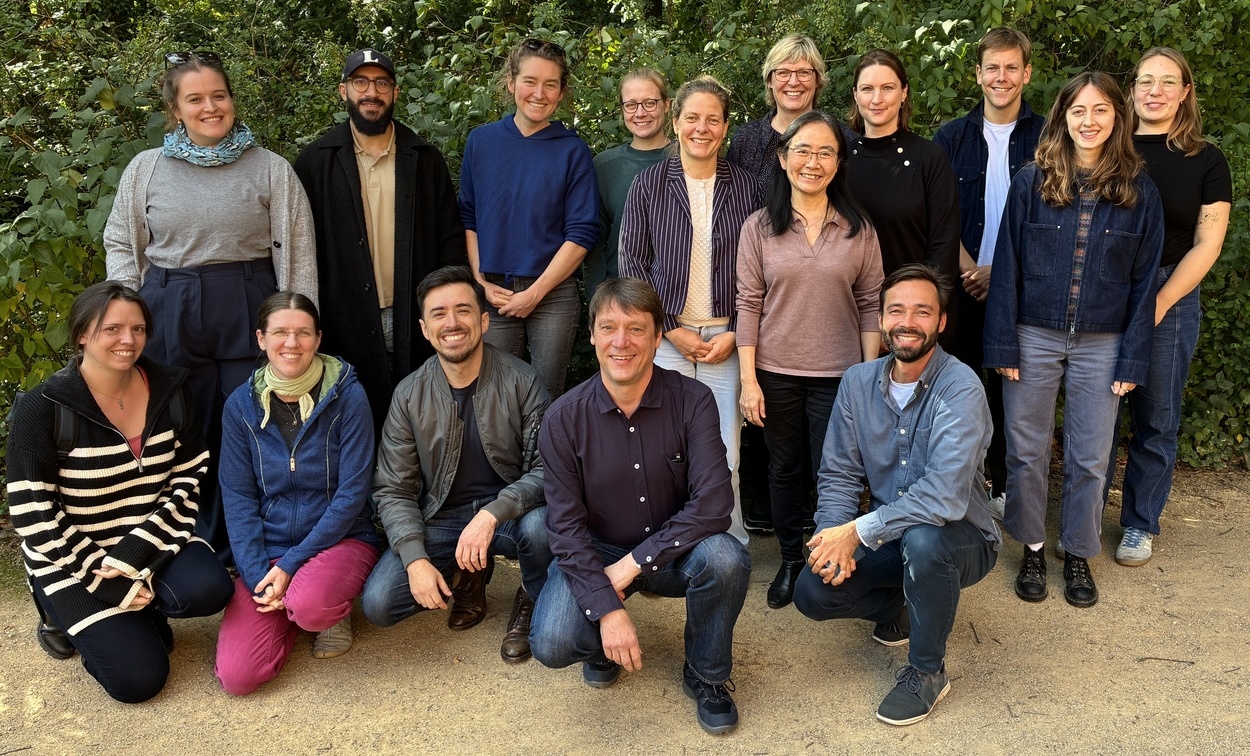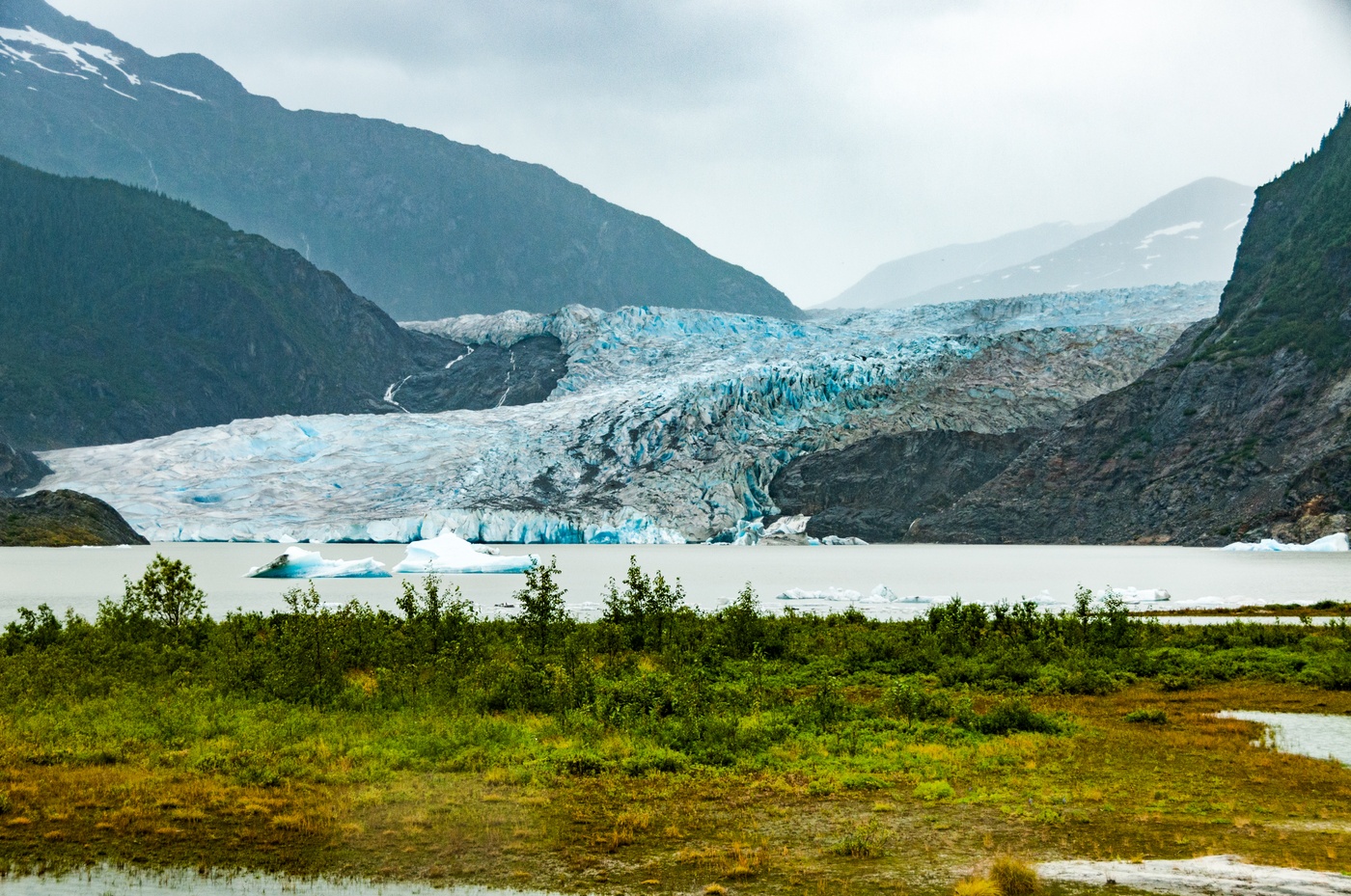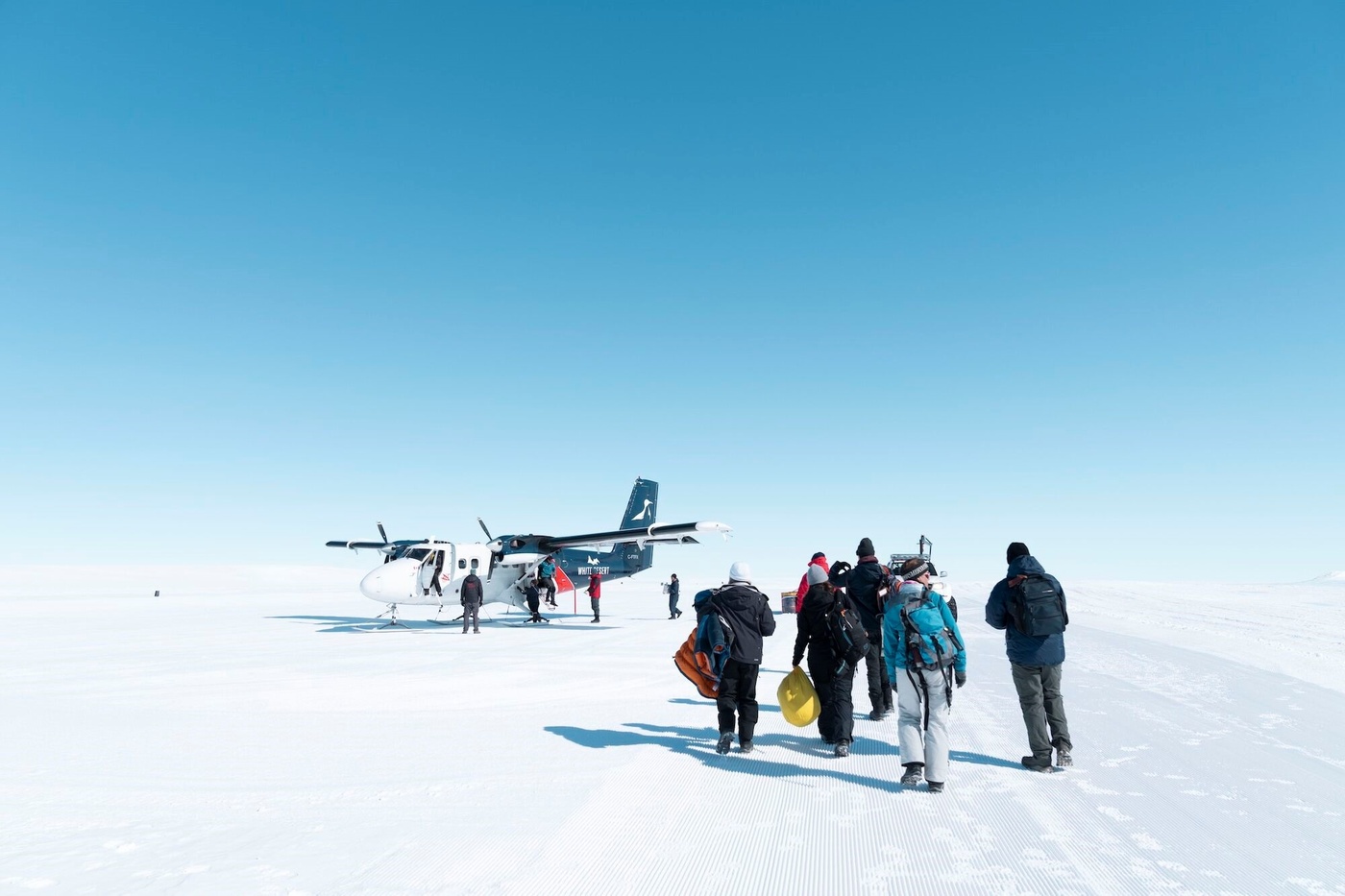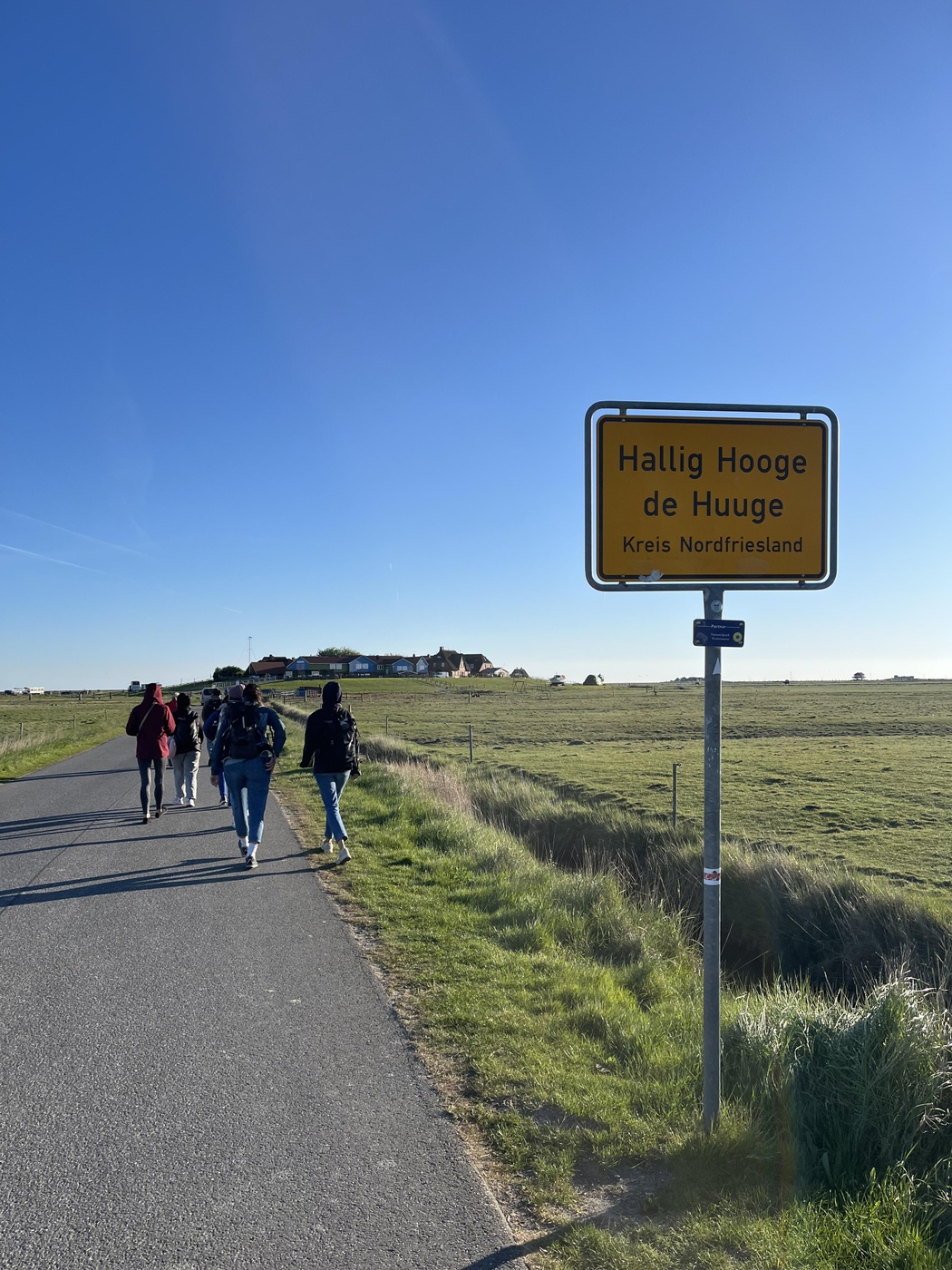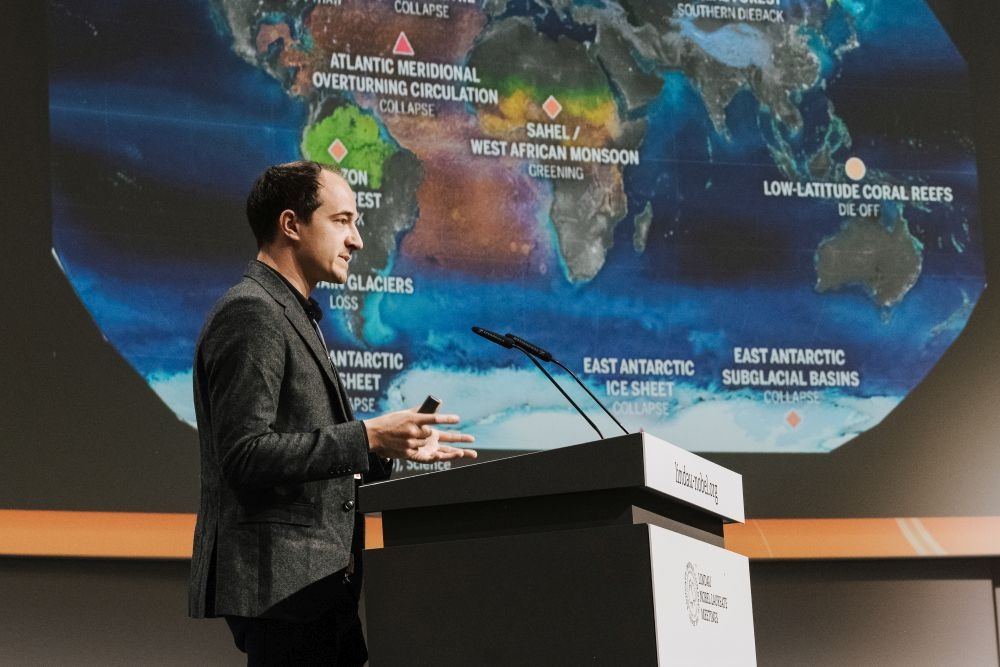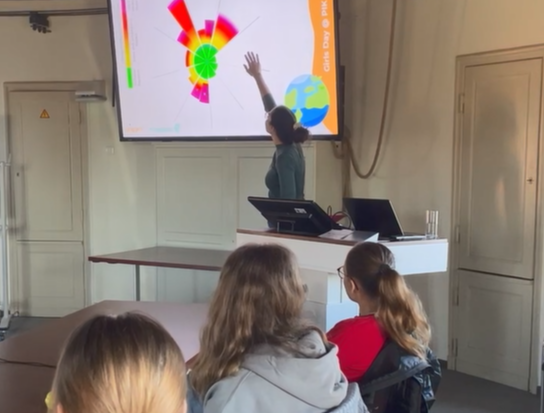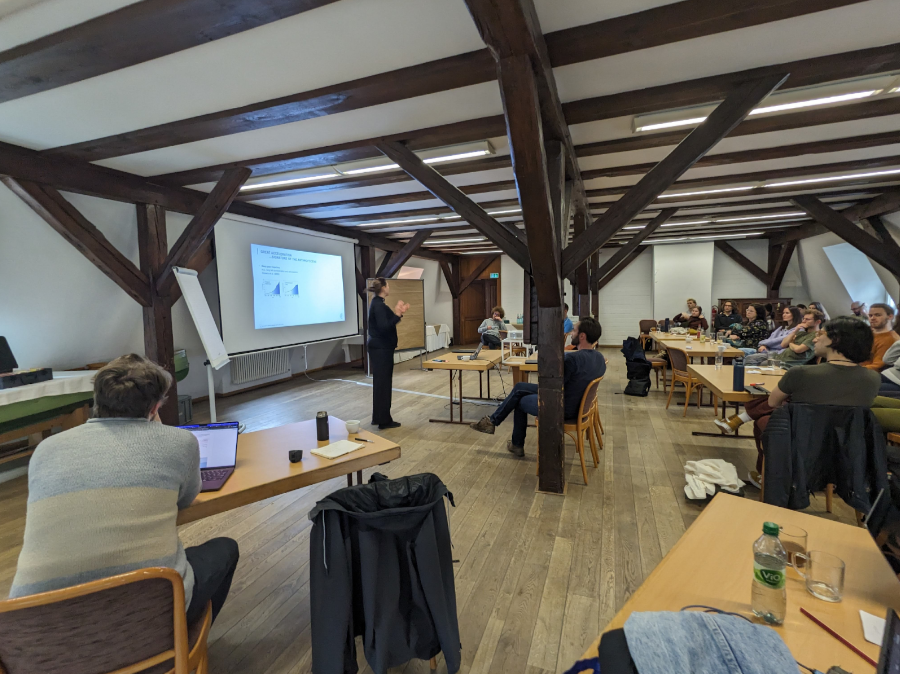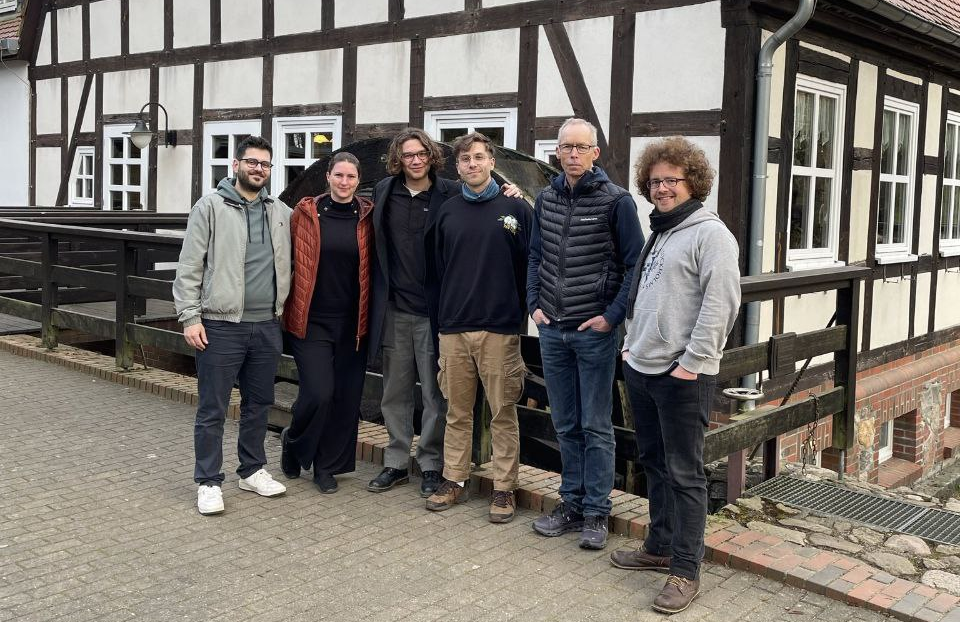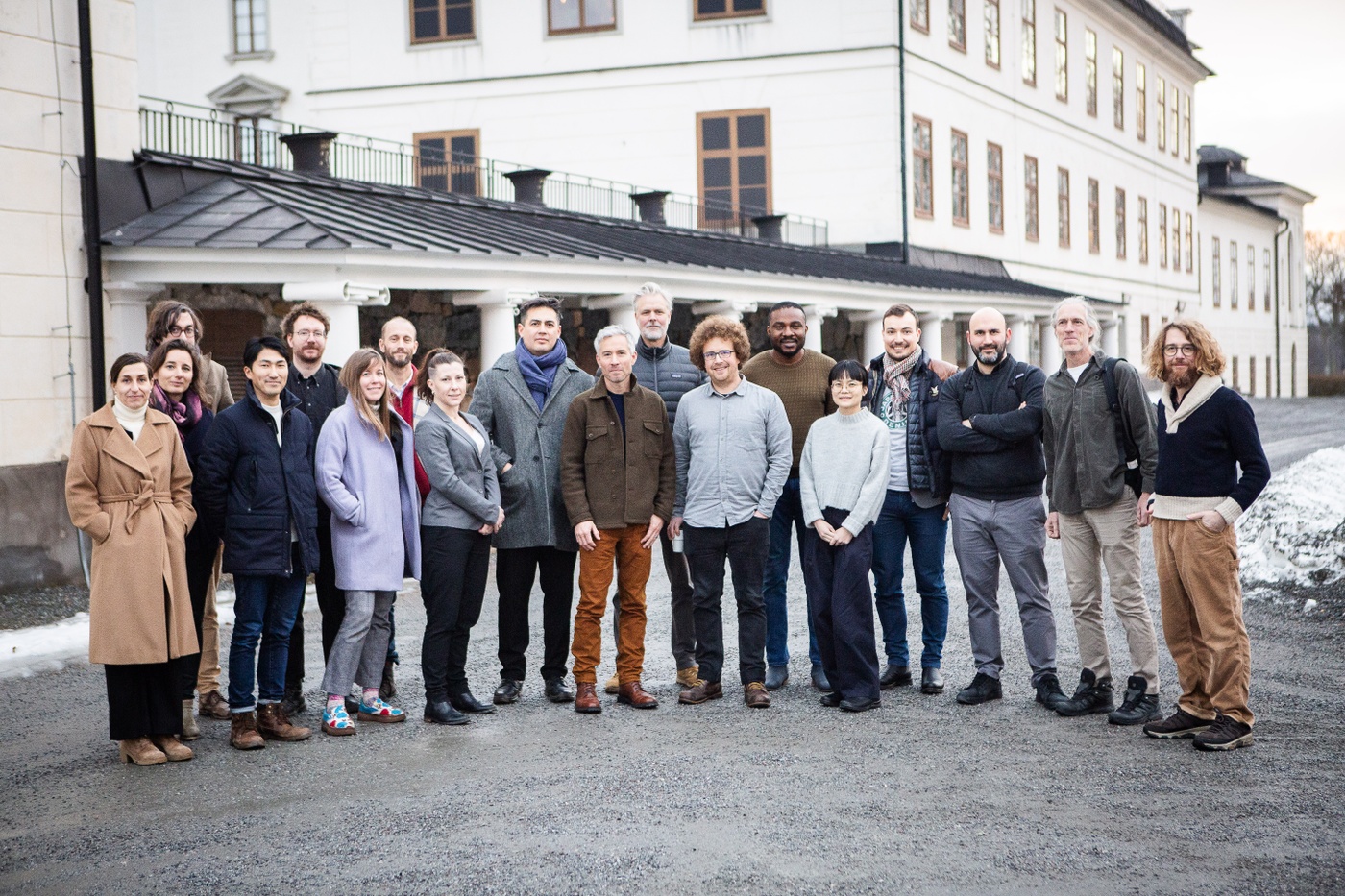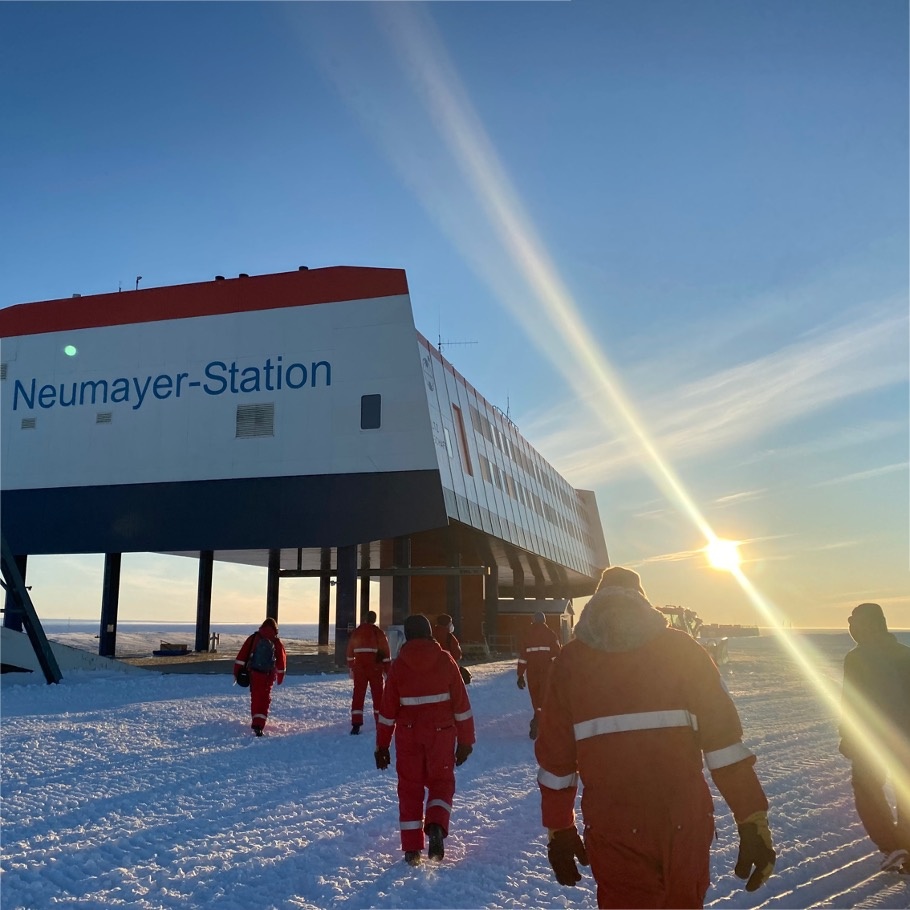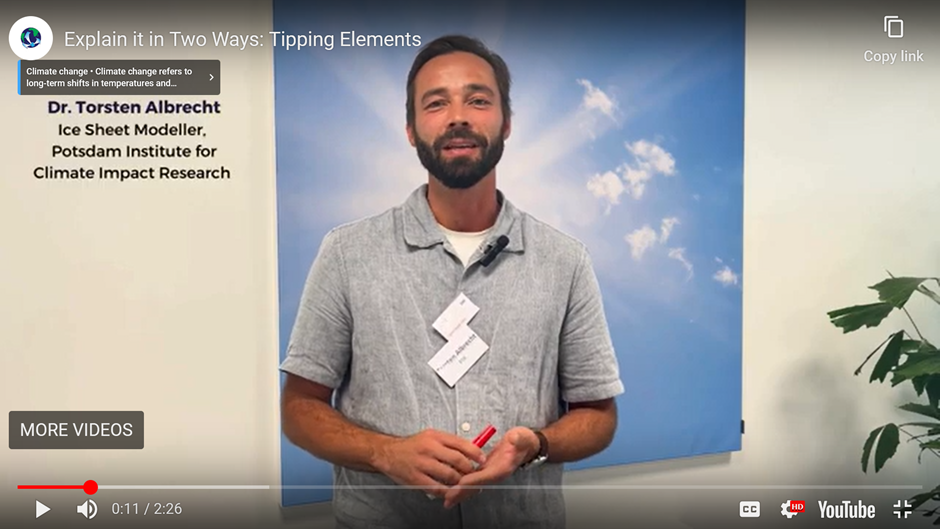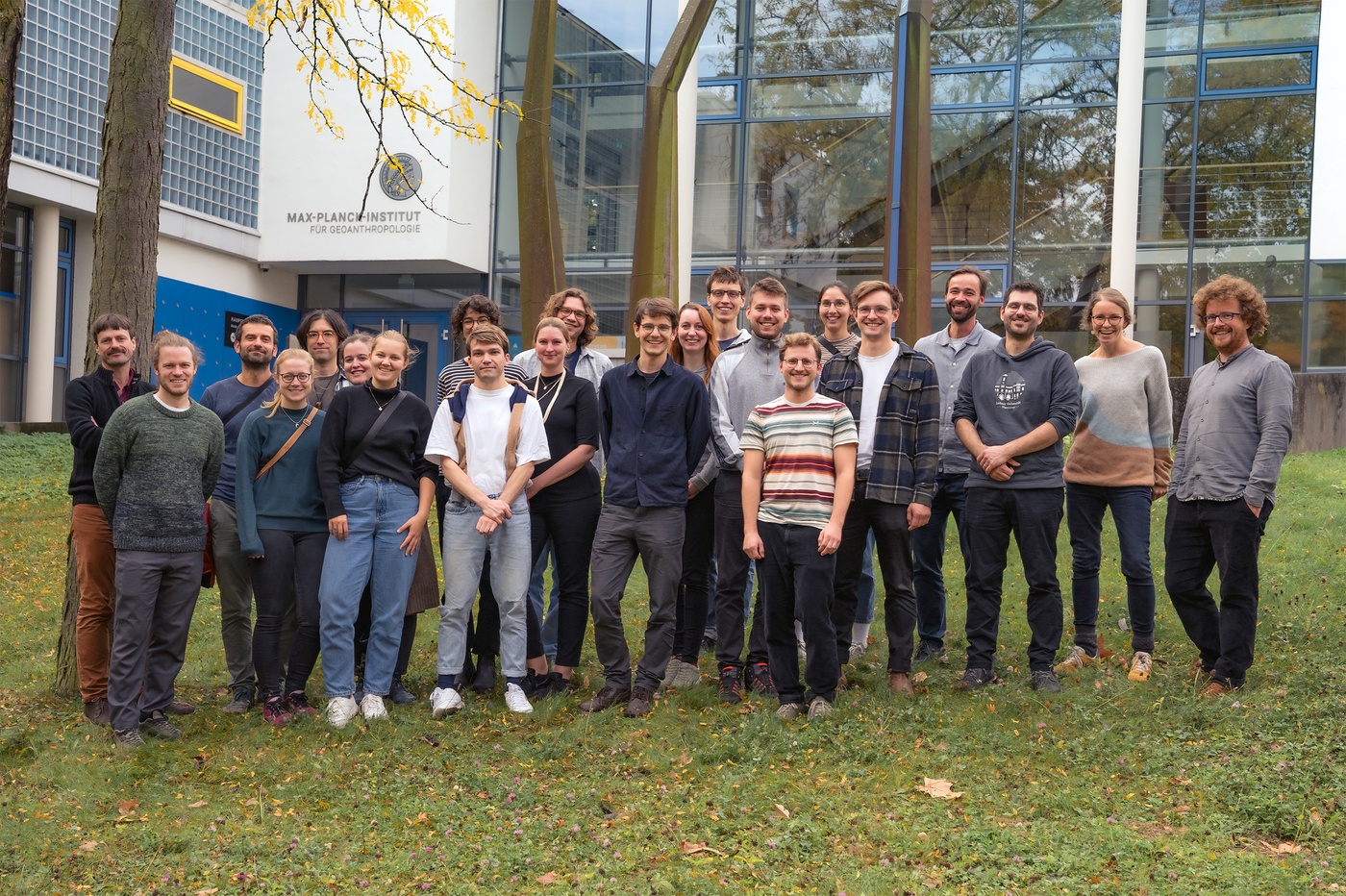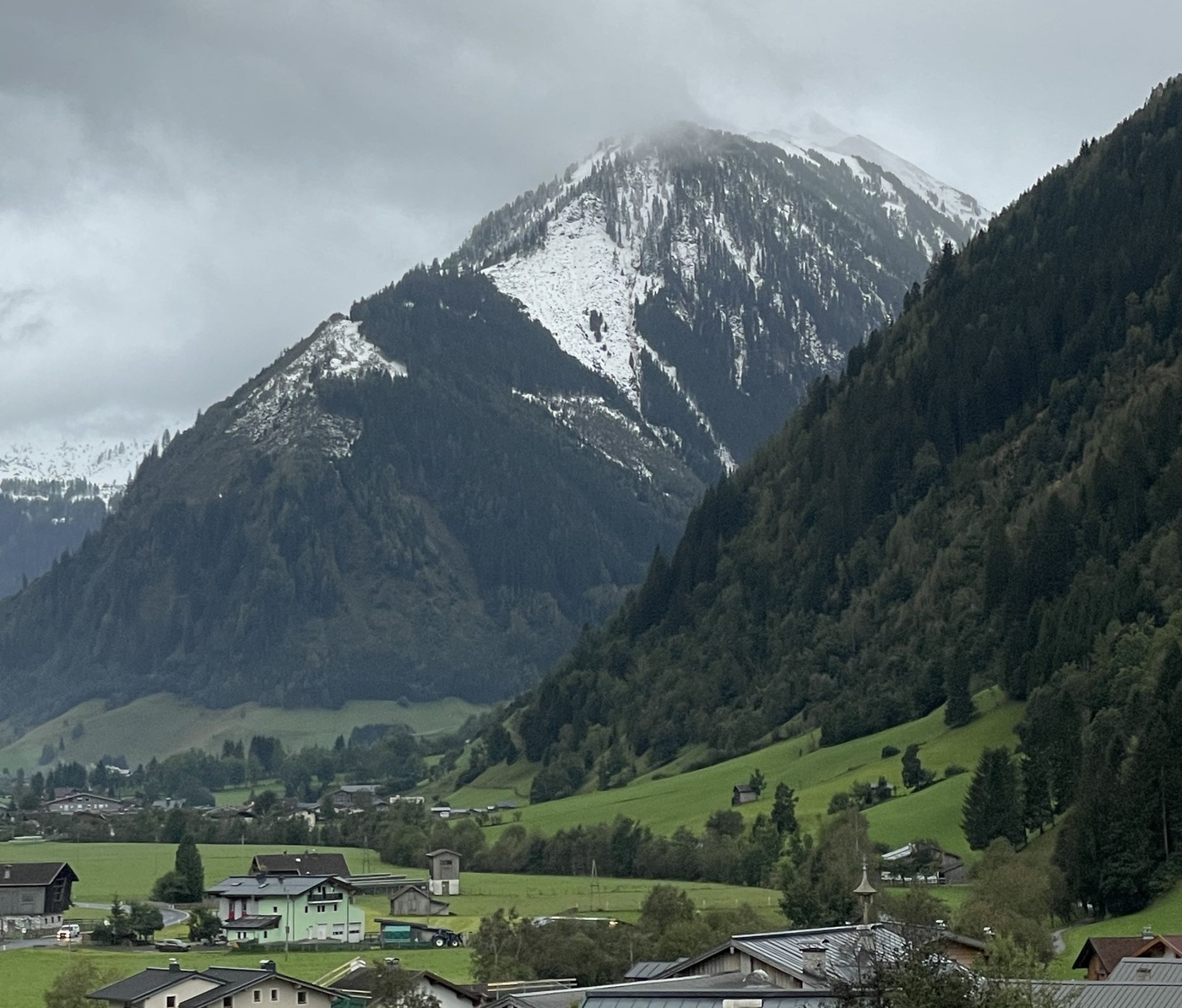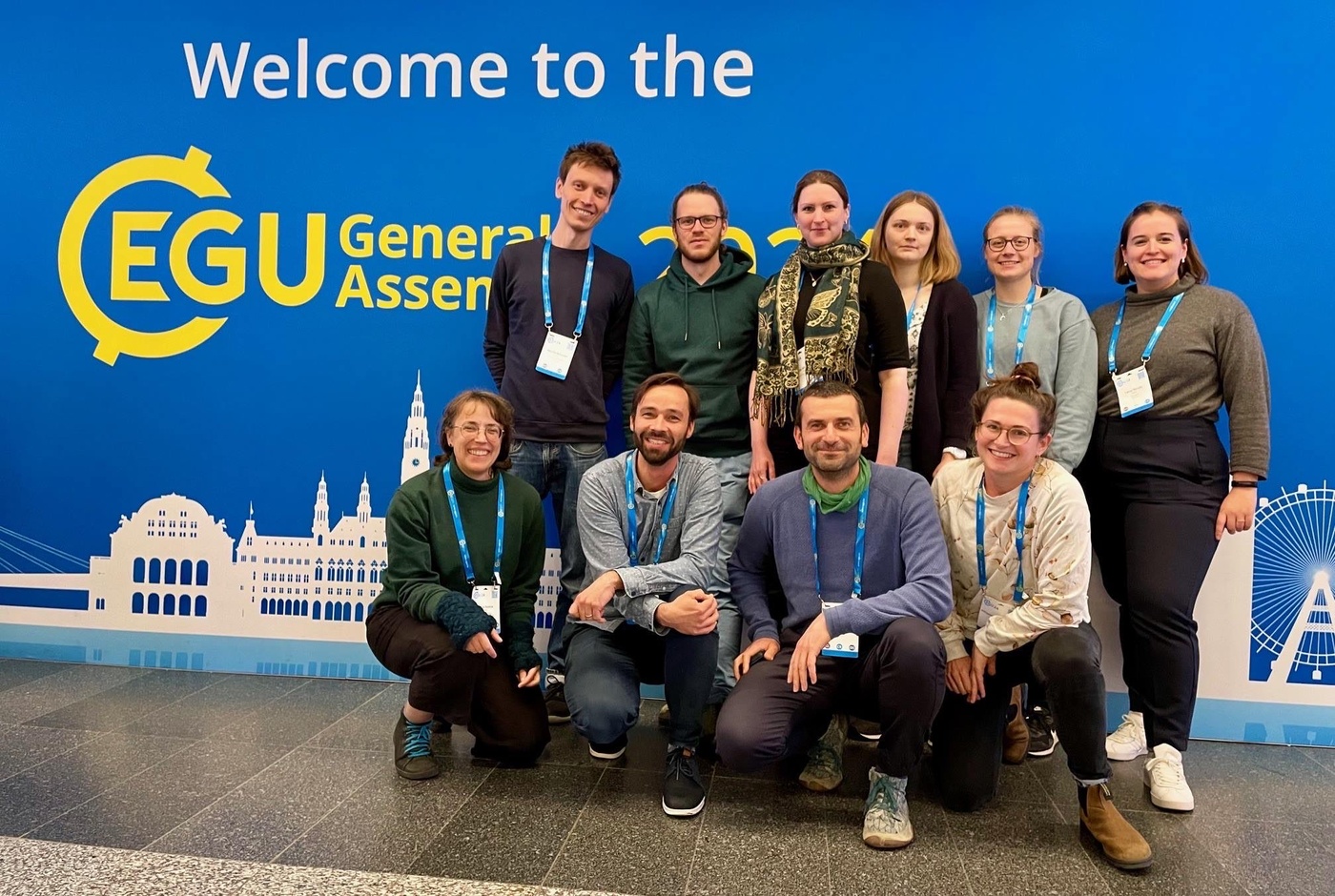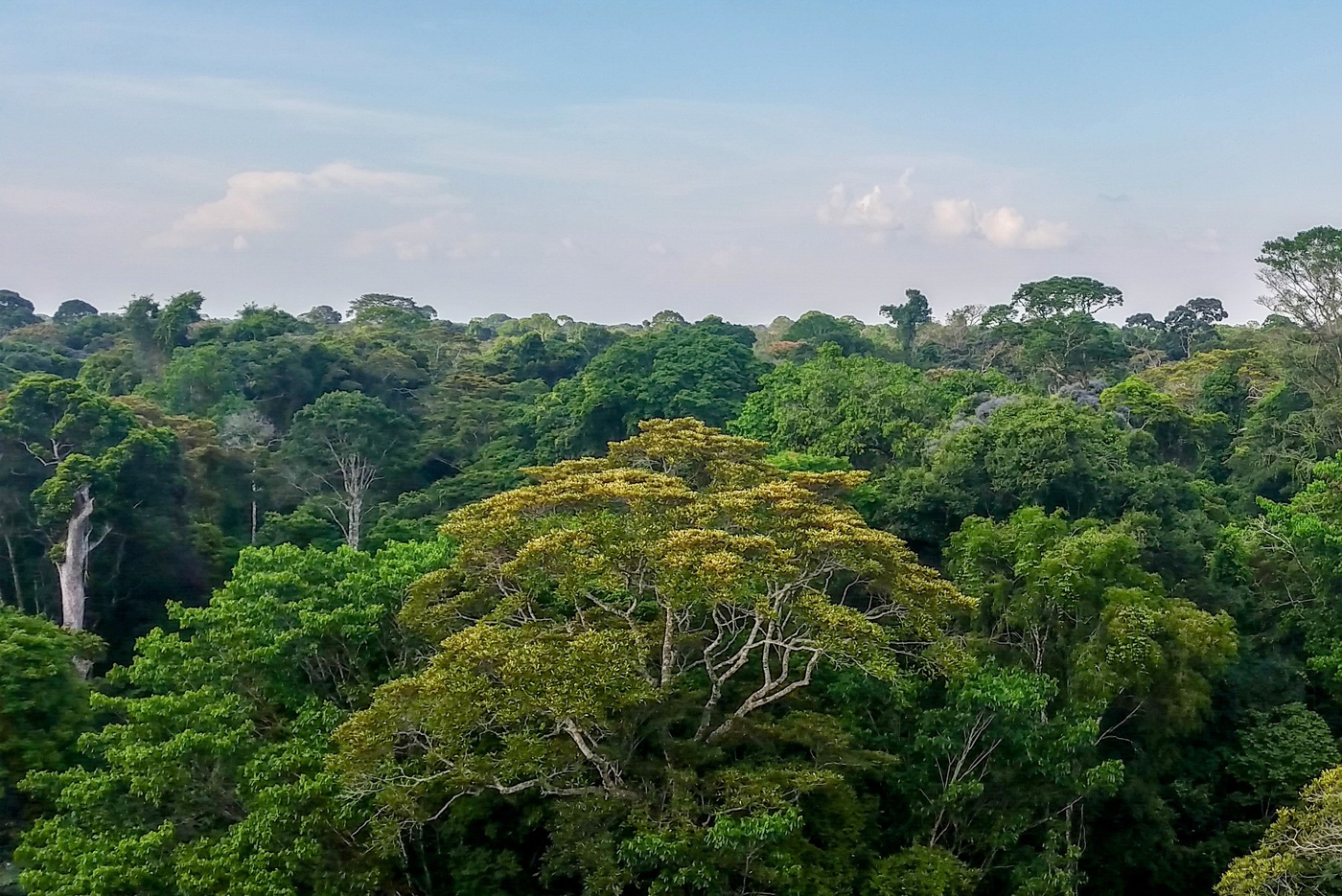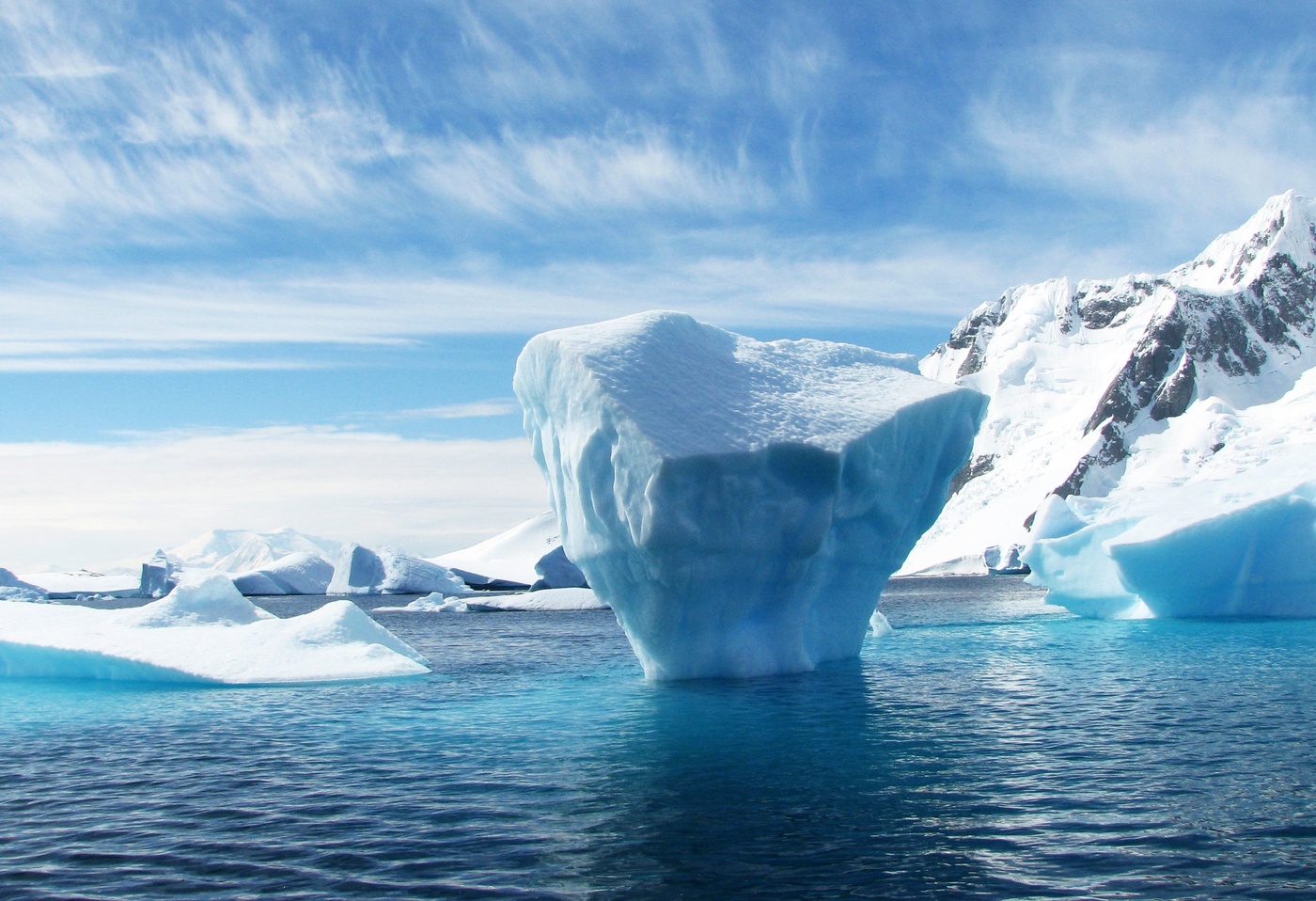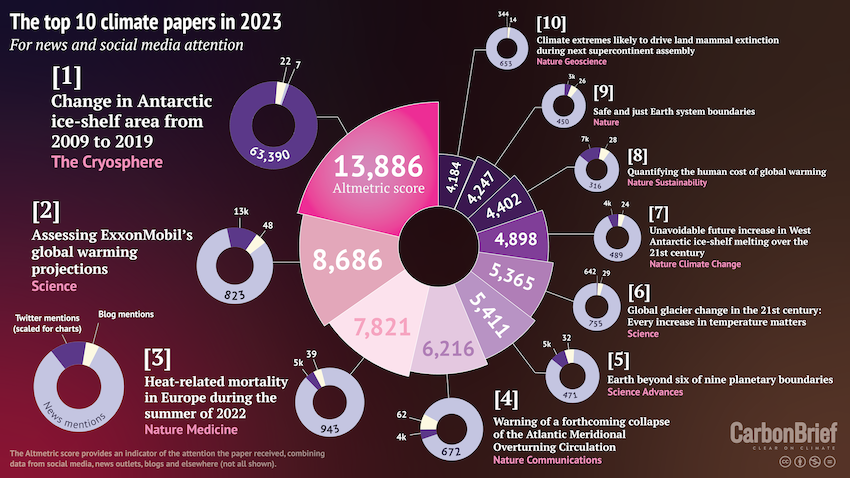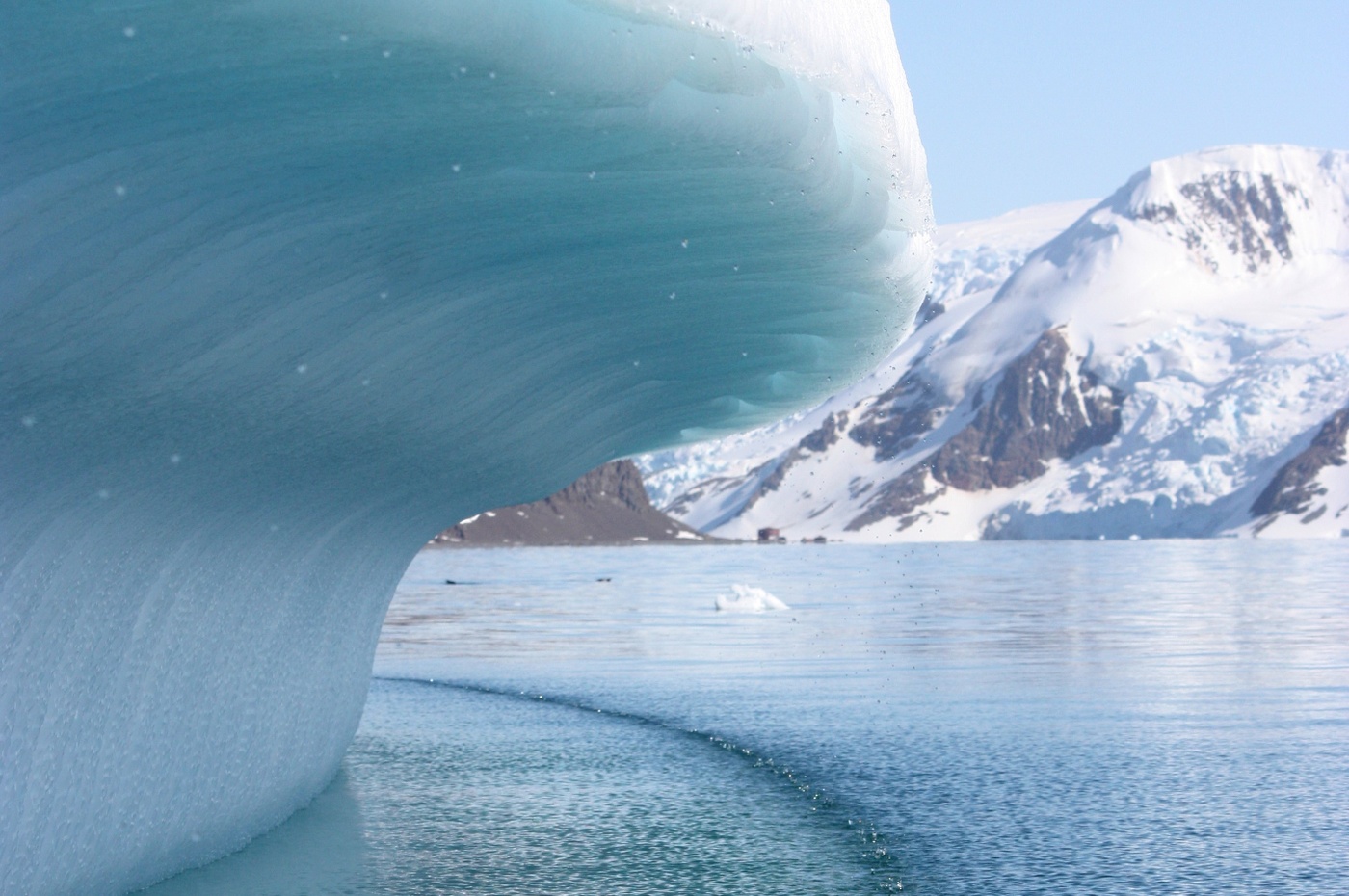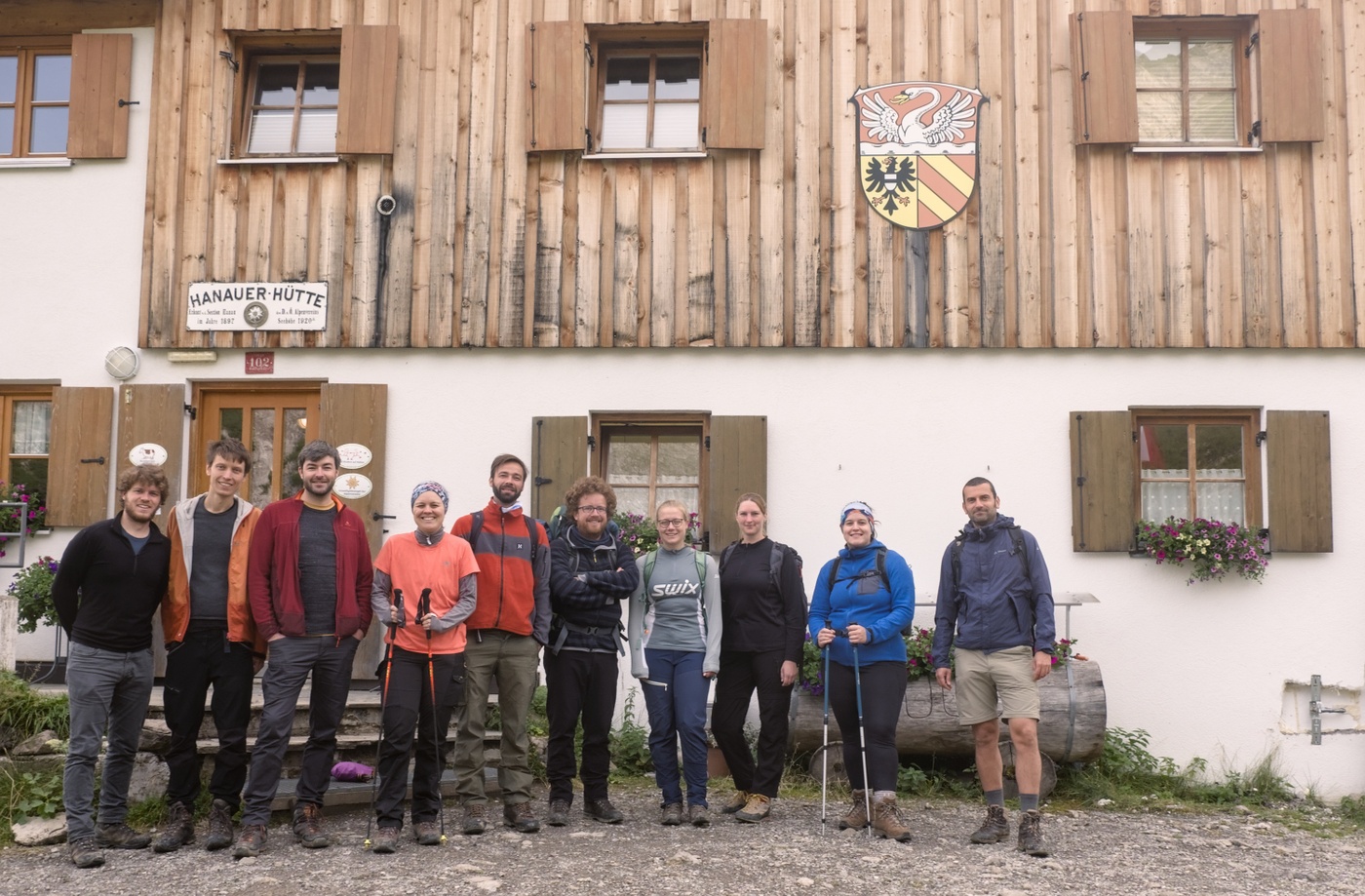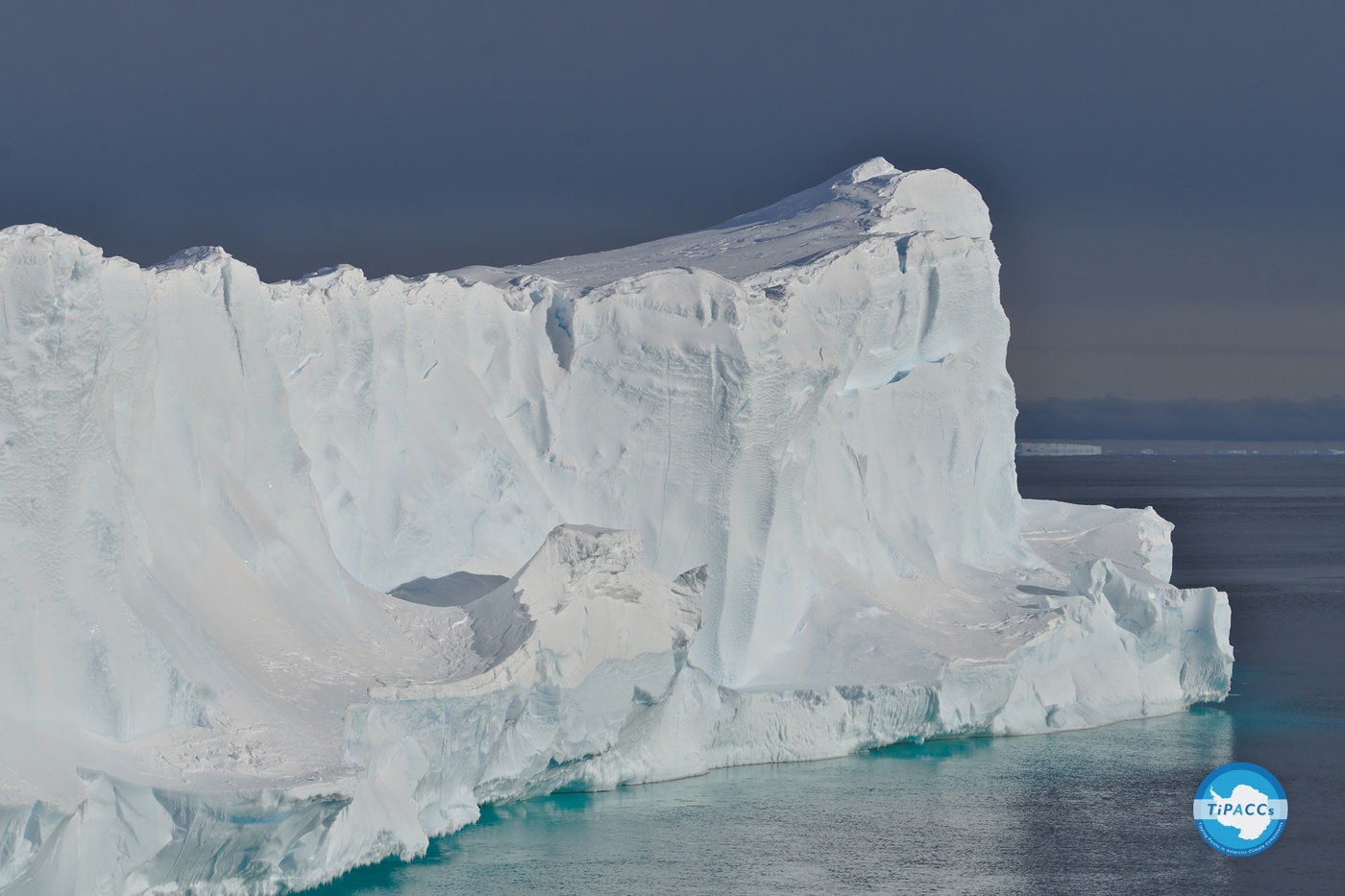In the Anthropocene, with exponential rise in human pressures such as greenhouse gas emissions and land-use change, there is an increasing risk of crossing critical thresholds and thereby degrading hard-wired biophysical processes that regulate the state of the entire Earth system. Continuing along this trajectory could eventually lead to a shift in Earth system feedbacks, from self-dampening (negative feedbacks) to self-amplifying (positive feedbacks). There is therefore an urgent need for understanding and quantifying the state of the self-regulatory and regenerative capacities of our planetary life-support system, in short Earth system resilience.


The Earth Resilience Science Unit (ERSU) serves as a bridge group between PIK and the Max Planck Institute of Geoanthropology (MPI-GEA), and aims to develop a framework to characterize the resilience of the Earth System in the Anthropocene, exploring stability landscapes of critical geophysical, ecological and societal components, which are only fragmentarily known so far. This includes the identification of critical conditions and tipping points for these subsystems, their capacity to resist to and recover from disruptions, as well as the risk of cascading interactions between them. In particular, for the stability of the ice sheets in Antarctic and Greenland and their role for potential global sea level rise, we have improved our understanding with the help of the modeling work within the ICE theme and within the worldwide community of ice sheet model intercomparison, (e.g. ISMIP).
Internationally, ERSU contributes to the work of the Earth Commission and AIMES' working group on Tipping elements in the Earth system. ERSU is embedded within the Earth Resilience and Sustainability Initiative, a joint activity of Princeton University, PIK and the Stockholm Resilience Centre. ERSU is PIK's anchor point of the Tipping Alliance with University of Exeter. The ERSU at PIK, together with the Max Planck Institute of Geoanthropology (MPI-GEA) and the Earth Commission, coordinates the Tipping Point Modelling Intercomparison Project (TIPMIP) (Science lead: Ricarda Winkelmann), a collaborative effort across a wide range of international institutions.
Office
Julia Zinn
T +49 (0)331 288 20921
Scientific Coordination
Janin Schaffer
T +49 (0)331 288 20905



